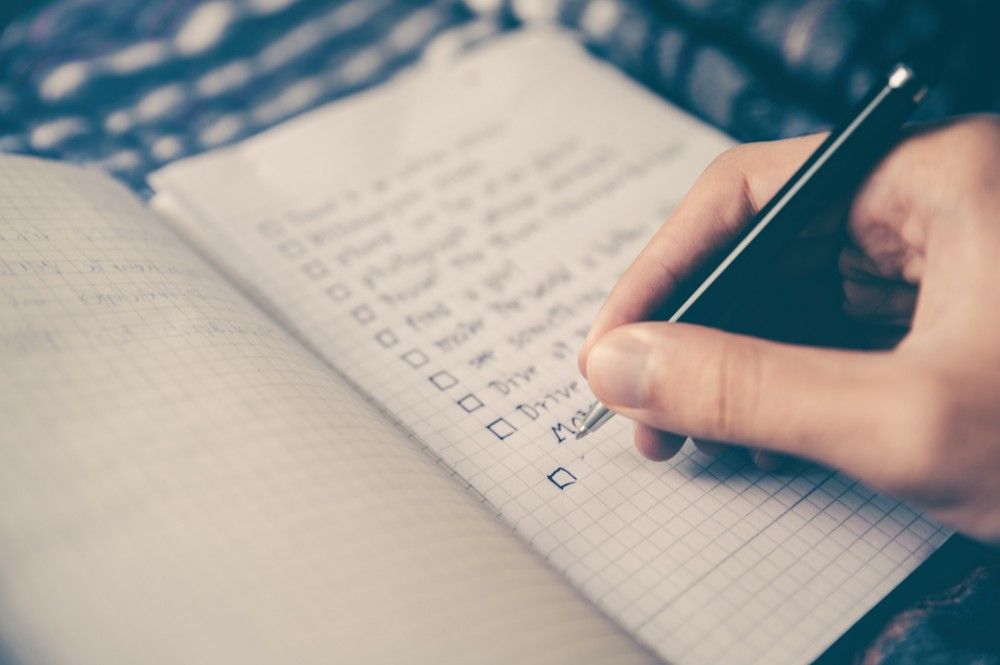Having a revision timetable is a must!
Not only will the timetable itself help you to make sure that you cover all of the important topics coming up in your exams, creating one will let you decide which subjects you need to spend the most time revising.
Above all else, a timetable will mean that you can spend enough time revising and enough time relaxing! Many students get overly stressed because they don’t take a rest. It’s important to be able to chill out away from your books, and following a timetable can help you do that.
Here are Tutorfuls top ten tips on how to create a revision timetable!
First, buy a diary - lots of people create elaborate posters, but, in a diary it’s already done for you! Also, this will save you procrastinating by creating the posters!
Now, find out your exam timetable - enter the times, lengths and which papers you will be sitting.
The best thing to do is to find out what exams you have coming up and what they will be covering. If you find this out, you can then start to make plans for your revision, if you have multiple exams, or your exam will be covering multiple areas of study, then you need to create a timetable and revise each section individually, this way, you give each section enough time and you don't feel overwhelmed."Ben Maples, Digital and PR Exec. University Compare.
Next, on a separate piece of paper, list all of your subjects and target grades. Give yourself a score out of five for each subject on how confident you are in achieving that grade:
Enter your other regular commitments into your diary, including any social events, or sports you normally take part in.
Decide when you work best and set out the times you are going to allocate to studying.

Decide which topics you need to spend the most time on. You may want to take a past paper in your main subjects and see which question areas you found the most difficult. List all of the different topics you’ll need to know for each of your subjects and highlight those you feel the least confident in.
Now, calculate how much time you have to study and allocate this time between the subjects and topics - give the most time to the subjects you feel least confident in and have the most topics which need work on!
Timetable your studies, including the different topics you need to cover. Separate out your least favourite subjects so you don’t have any nightmare revision days. Plan in the topics you will study so that they naturally build on top of each other, i.e. don’t do the difficult topics first, which demand that you know something you haven’t planned to cover earlier.
Stick to your plan and revise. That way, you know that you’ll cover all of the subjects and not feel guilty when you are relaxing. And, relax! Make sure that you take the time off that you’ve timetabled. That is just as important as revising, otherwise you’ll burn out.
Take more tests, cross out topics you’ve covered and reassess as you go. If you start feeling more confident on algebra, don’t continue to revise it if you don’t need to just because it’s on your timetable. Make the most of your time!








